Ukraine spy chief says Russian President Vladimir Putin ‘won’t survive the war’
There are plans afoot to depose Russian President Vladimir Putin, according to a top spy chief, adding it’s “unlikely that he survives” the war.
“Active discussions” are being held to find Russian President Vladimir Putin’s replacement, according to Ukraine’s top spy chief, as he said it’s “unlikely that he survives” the war.
Ukraine’s head of intelligence, Major General Kyrylo Budanov, also outlined how he saw Ukraine winning the war, saying the key was in forcing Russian troops back to Ukraine’s 1991 borders, which he added might happen as early as next year.
Speaking to The War Zone, the top official said there were ongoing talks happening in Russia about how Putin could be deposed, as the ruling class grows increasingly frustrated with the Ukraine invasion.
“It’s unlikely that [Putin] survives it,” Maj Gen Budanov said. “And currently, there’s active discussions happening in Russia about who’d be there to replace him.”
Who that might be, the spy chief wouldn’t say.
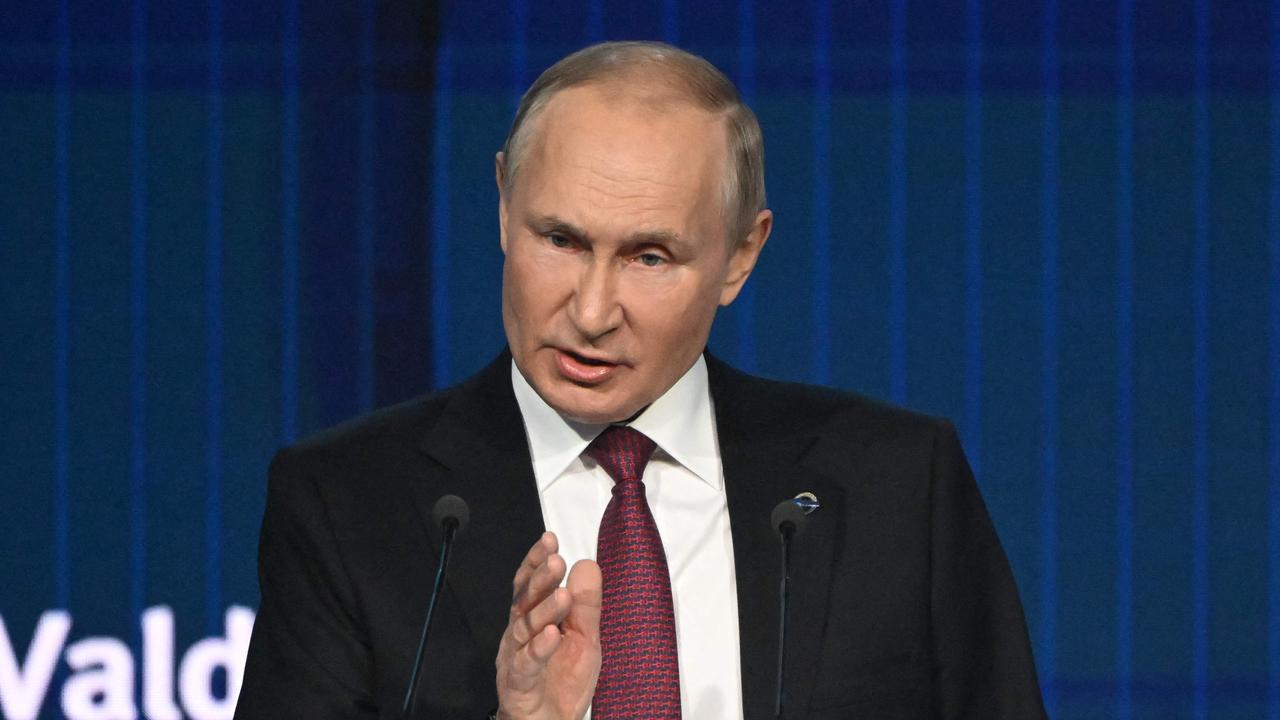
His comments come as the Kremlin struggles with its campaign in the east of Ukraine, as Russian troops have been forced out amid Ukraine’s huge counteroffensive in the region with a focus on taking back the city of Kherson, Daily Mail reports.
Maj Gen Budanov said the city could be retaken by the end of November.
He said currently there are around 40,000 Russian troops in and around the region.
“The most trained and most capable Russian units are currently in Kherson. A large share of them are from airborne troops of the Russian Federation, Russian special operation forces and the naval infantry, so the most capable units that Russia has.
“Those units form the backbone of the grouping and it’s being strengthened by the mobilised personnel also.”
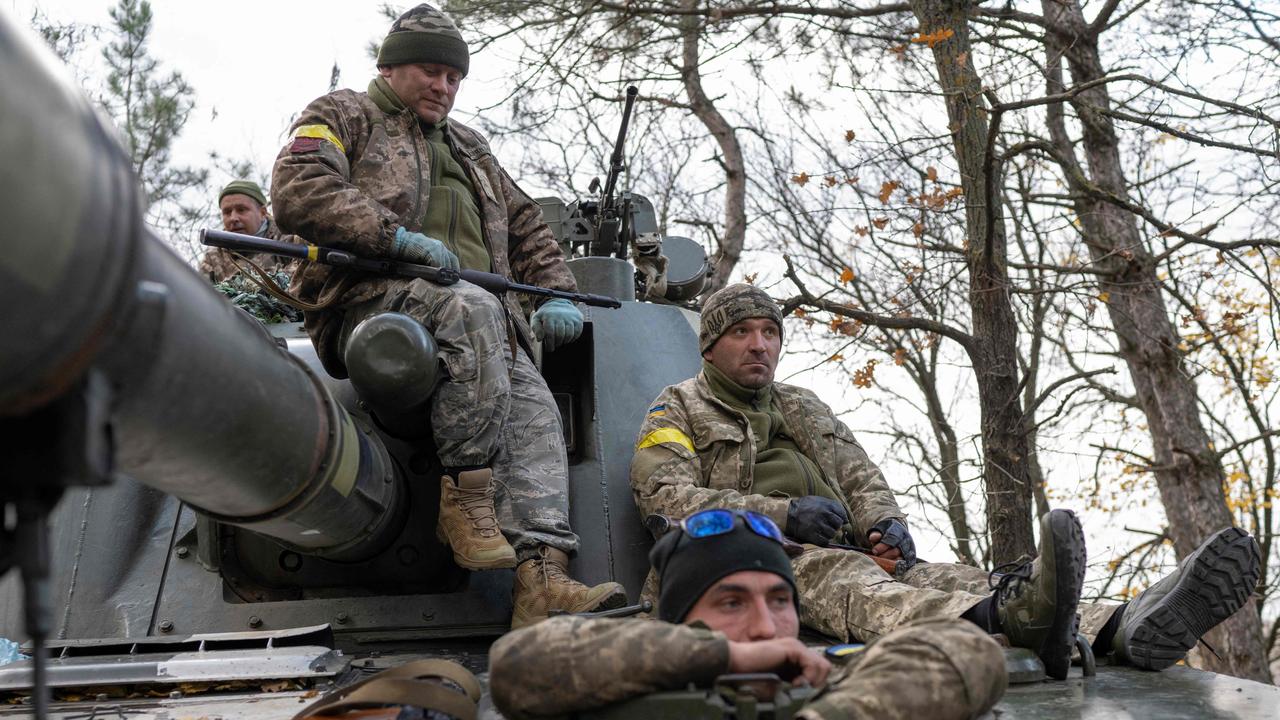
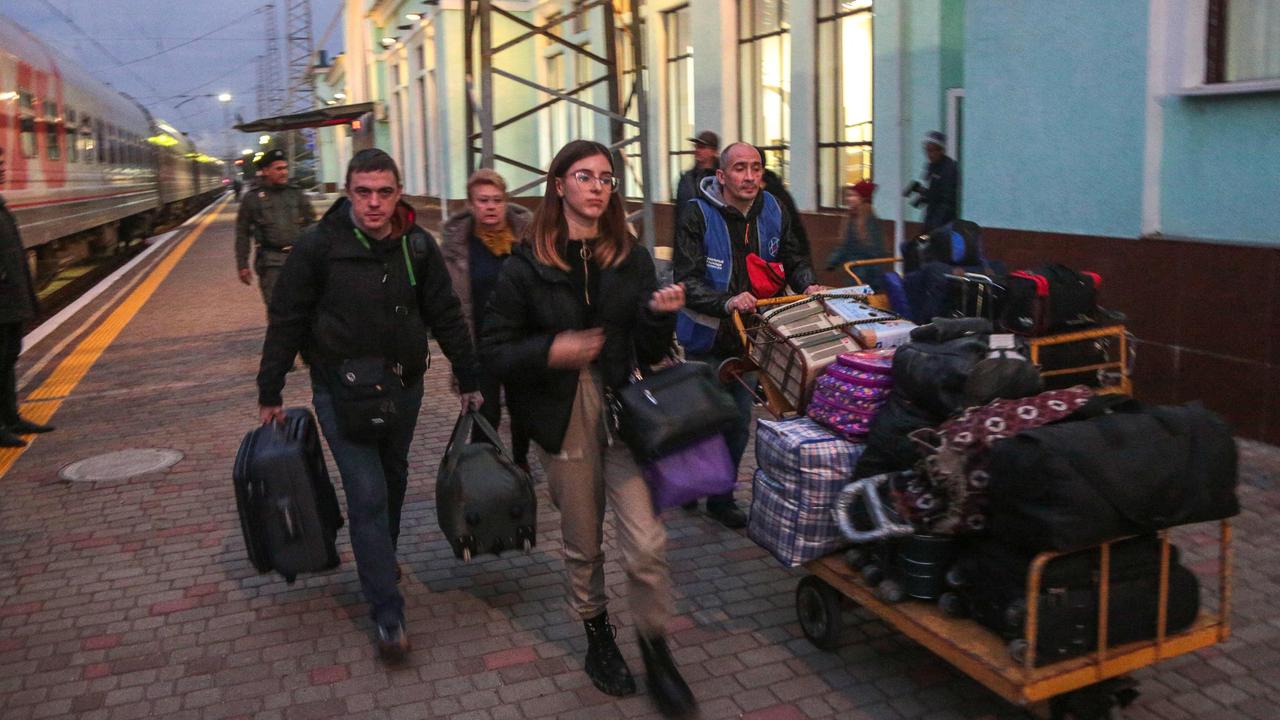
Another key part of Ukraine’s military counteroffensive is taking Crimea which was annexed by Putin in 2014.
“It’s very simple,” Maj Gen Budanov said. “At the first stage, we’ll reach our borders of 1991 [when Ukraine gained its independence from Russia]. And we’ll consider that a good sign and a good opportunity to finish the war.”
When asked when that might happen, he simply said: “Next year”.
Commenting on support among the Russian people for the war, the spy chief said that support would end as soon as Russia was defeated.
“The Russian Federation population will continue to support the government and its actions until the very defeat of the Russian Federation.
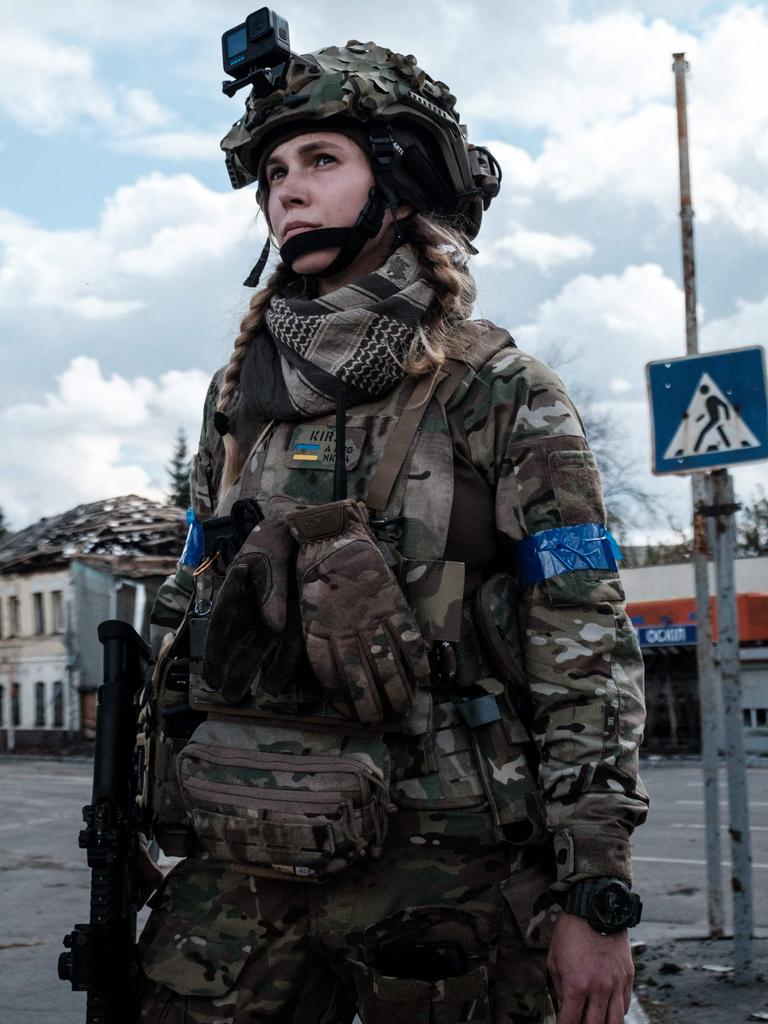
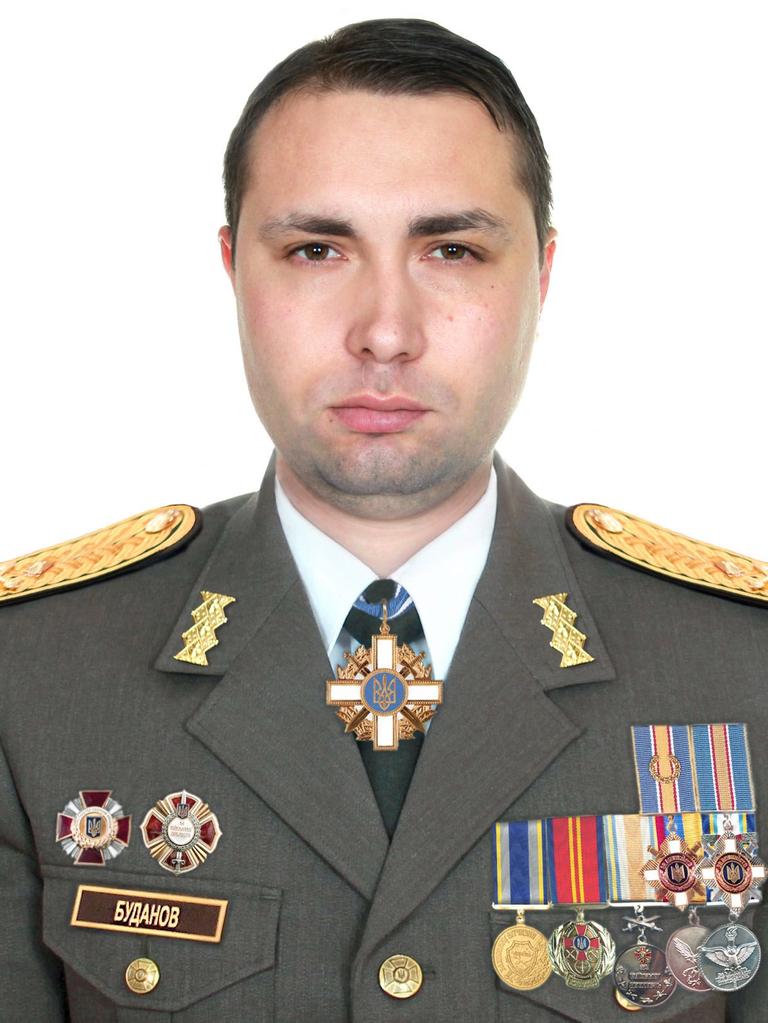
“And when Russia loses they will immediately start saying that they have nothing to do with this [and] that their leaders were wrong.”
He added that it was unlikely any replacement for Putin would be better for Ukraine.
“I don’t believe Russians at all. I don’t believe that there’s any good person behind [Putin] but whoever comes to power will surely blame Putin for all the bad that was done.”
Black Sea grain exports halted
Meanwhile, Russia has announced it is suspending its involvement in a deal that allows Ukraine grain exports to leave from Black Sea ports after a drone attack on Saturday damaged its fleet in Crimea.
Ukraine has not admitted to the attack, with President Volodymyr Zelensky calling the Russian move “rather predictable”.
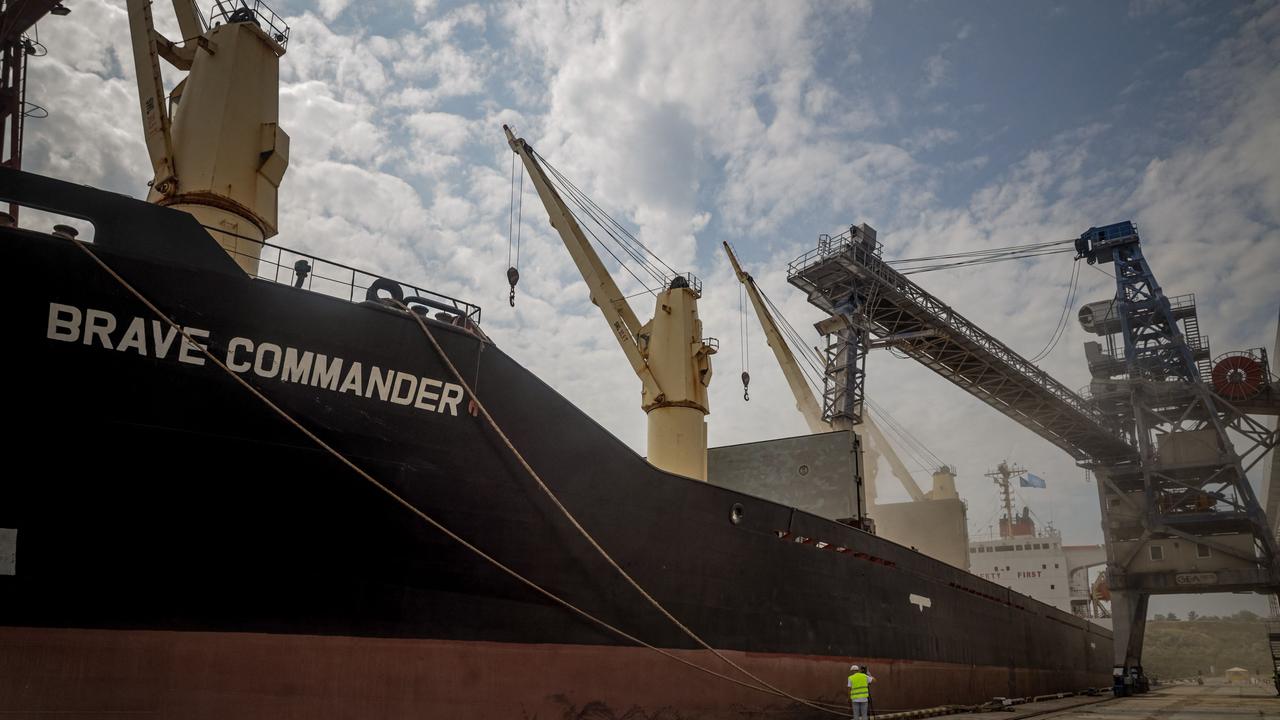
The UK Ministry of Defence also accused Russia of “peddling false claims of an epic scale” after the Kremlin also insinuated British troops were involved in Saturday’s attack.
Mr Zelensky said Russia’s decision to walk out of the deal had nothing to do with the drone attack; instead, it was something the country had already planned in September “when it blocked the movement of ships with our food produce”.
“Why is it that some handful of individuals somewhere in the Kremlin can decide whether there will be food on the tables of people in Egypt or in Bangladesh?” Mr Zelensky said.
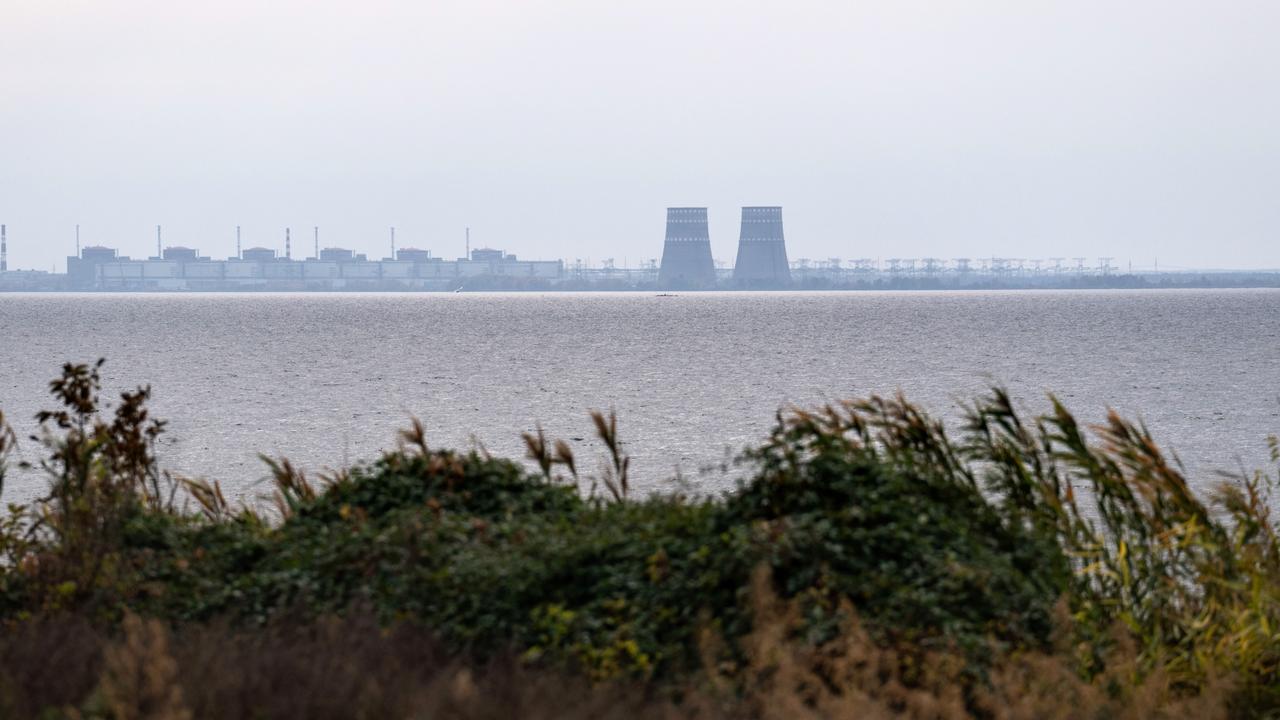
Fears over damage to nuclear power plant
There have also been fears about Russia’s occupation of the Zaporizhzhia nuclear power plant, which has been damaged by missile attacks and has since been forced to run on emergency power.
The six reactors that form Europe’s biggest nuclear power plant have been shut down, but still require power for cooling and other safety measures.
If the cooling system fails, it could lead to an uncontrolled heat build-up, with the risk of a fire that could release a catastrophic amount of radiation that could reach any part of Europe.






